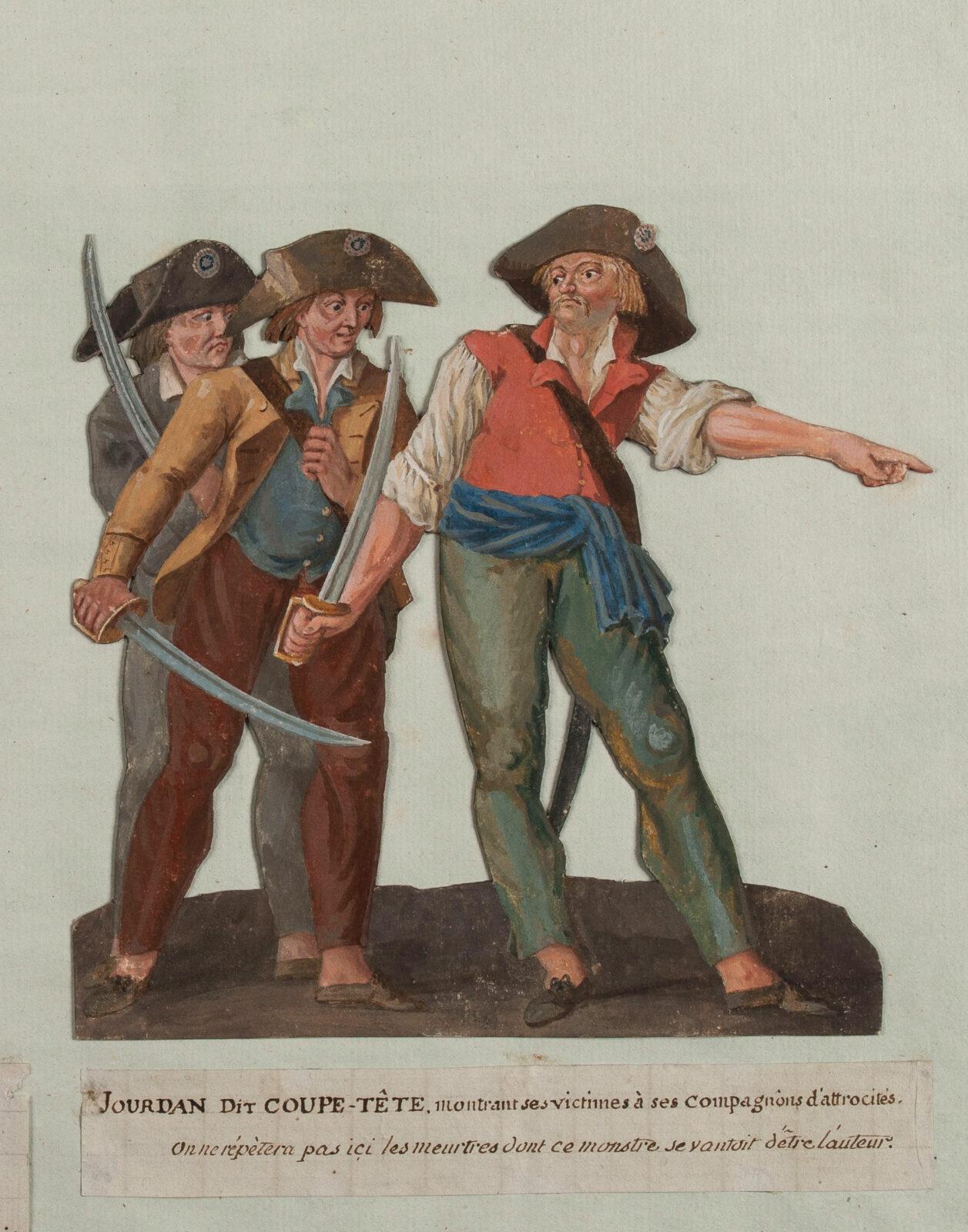Conceptualizing IHL: Denial of Quarter

Authors: PILPG and Milbank
When Russian soldiers crossed into Ukraine from neighboring Belarus in February 2022, many observers reported that the Russian soldiers appeared to be operating under strict orders: “Kill everyone!”. Such threats were recently made by the Wagner Group, a Russian private paramilitary company with close ties to the Russian government. Indiscriminate and absolute implementation of such orders, if true, could amount to the Russian state committing denial of quarter, among other violations of International Humanitarian Law.
DENIAL OF QUARTER – THE LEGAL CONTEXT
Under international law “quarter” is the obligation to spare the life of a combatant who is no longer in the fight (hors de combat) due to being sick, wounded, shipwrecked, or has laid down his or her arms and surrendered to the enemy. The prohibition on declaring no quarter is recognized in the Lieber Code, the Brussels Declaration, and codified in the Hague Regulations. Many military manuals, including the military manuals of Ukraine and the Russian Federation, prohibit threats or orders that “no quarter” will be given, as well as conducting hostilities on the basis that no quarter is given.
Denial of quarter is codified as a war crime in international armed conflicts in the Rome Statute of the International Criminal Court. The elements of this war crime, as listed in Article 8(2)(b)(xii) of the ICC Statute, are:
● The perpetrator has declared or ordered that there shall be no survivors;
● The declaration or such order to “deny quarter” was given to threaten an adversary or to conduct hostilities on the basis that there would be no survivors;
● The perpetrator was in a position of effective command or control over the subordinate forces to which the declaration or order was directed;
● The conduct took place in the context of and was associated with an international armed conflict; and
● The perpetrator was aware of factual circumstances that established the existence of an armed conflict.
THE RATIONALE BEHIND THE PROHIBITION TO DENY QUARTER
The prohibition of denial of quarter is to make sure that an enemy’s surrender remains possible and the lives of hors de combat are spared. Although international humanitarian law protects persons hors de combat, the prohibition against denial of quarter aims to outlaw orders that there shall be no survivors. As such, the requirement to give or allow quarter strikes a balance between military necessity and humanitarian considerations. It protects combatants who are actively engaged in hostilities from threats or acts of extermination while also shielding from attack fighters who no longer are in combat, either due to sickness, wounds, or injuries or because the fighters, even if physically able, are shipwrecked or have expressed an intention to surrender.
INSTANCES OF DENIAL OF QUARTER AND THE SOMBER FATE OF PRISONERS OF WAR IN UKRAINE
While the prohibition of denial of quarter makes it illegal to deliberately refuse or render impossible an enemy’s surrender or to put to death those who are hors de combat, proving the elements of the war crime is fact-sensitive and complex.
To date, there does not appear to be corroborated evidence of denial of quarter in Ukraine by the Russian military in the public domain. However, allegations have been made that such crimes might have been committed by Russian troops. For instance, the Associated Press has released intercepted phone conversations between Russian soldiers and their loved ones back home describing what happened in Bucha in March 2022. In those phone calls, Russian soldiers communicated, among other accounts, that they did not make Ukrainian soldiers prisoners of war and/or accept surrender, but, rather, “killed them all.”
More recently, in late April 2023, the leader of the Wagner Group, Yevgeny Prigozhin, warned that its members would “no longer take any prisoners” and further ordered its mercenaries to “kill everyone on the battlefield.” Although it is a private company, the Wagner Group relies heavily on Russian military infrastructure, and the support of the Russian government more broadly, for transport, issuance of passports and even recruitment. If the Wagner Group follows through on its declarations of “no quarter,” such acts could constitute war crimes that may be attributed to Russian state actors.
Alongside violations of the prohibition to deny quarter, attacks against and executions of POWs also constitutes war crimes if such actions are deliberate. Both Ukraine and the Russian Federation are bound by the Geneva Conventions of 1949, which provide that POWs must be treated humanely and define minimum detention standards such as medical care, basic food rations, and sufficient supply of drinking water. Yet, the Office of the United Nations High Commissioner for Human Rights (“OHCHR”) has documented numerous violations of the Third Geneva Convention, international humanitarian law, and international human rights law in relation to the treatment of POWs by the Russian Federation. Through accounts of POWs who spent time in Russian internment camps, the OHCHR has noted patterns of torture of POWs, poor living conditions, as well as lack of food, water and proper medical attention.
The recent threats by the Wagner Group that no quarter will be given by its mercenaries against the Ukrainians, along with several claims of Russian soldiers violating the prohibition of denial of quarter and evidence of mistreatment of POWs all must be investigated seriously, as accounts continue to surface in Ukraine.
The development of these material has been made possible through the support of the Public International Law & Policy Group.
Illustration: Mathieu Jouve Jourdan, dit Coupe-Tête. Gouache de Jean-Baptiste Lesueur, Paris, musée Carnavalet, vers 1793-1794.
© Musée Carnavalet

